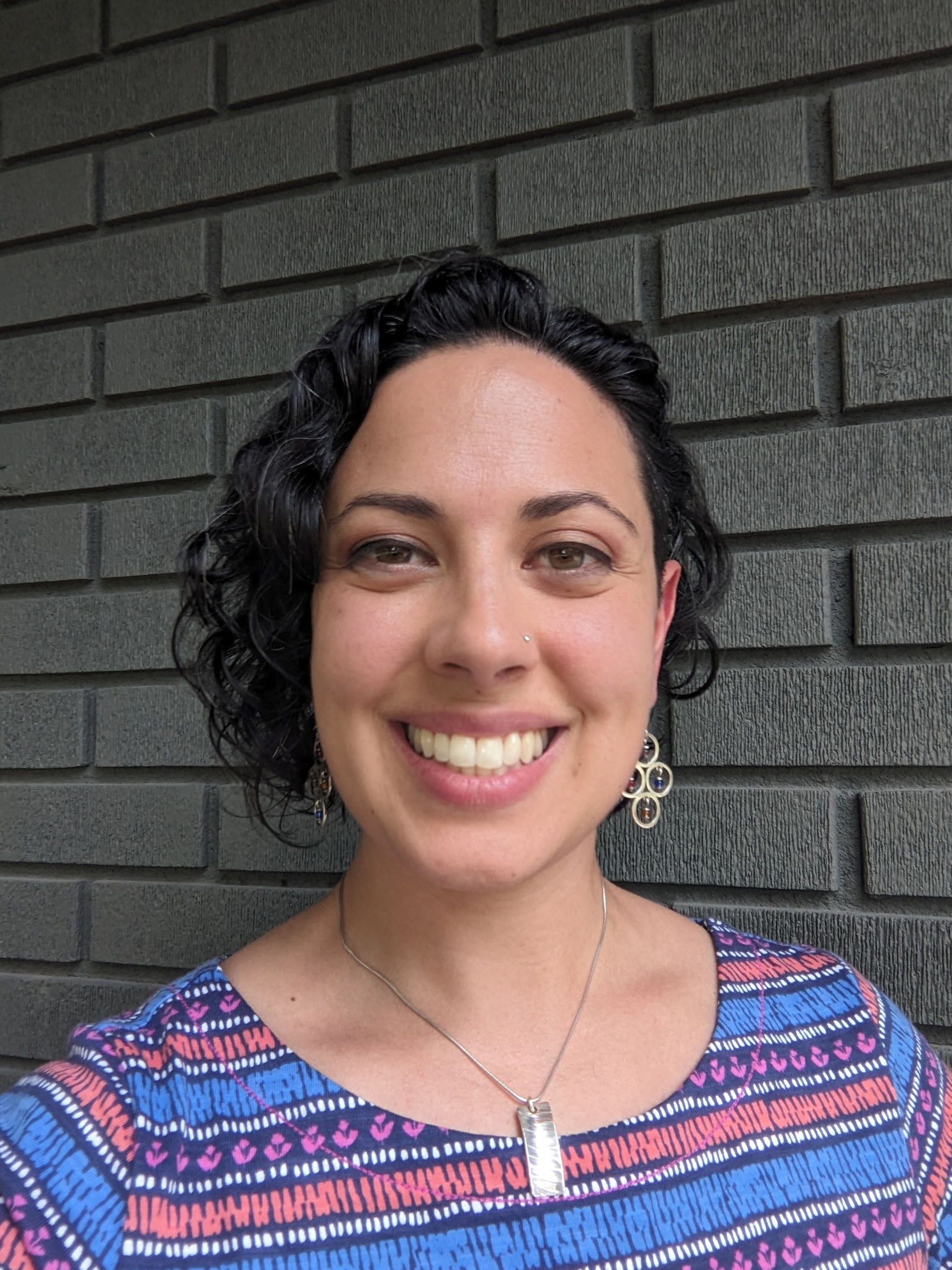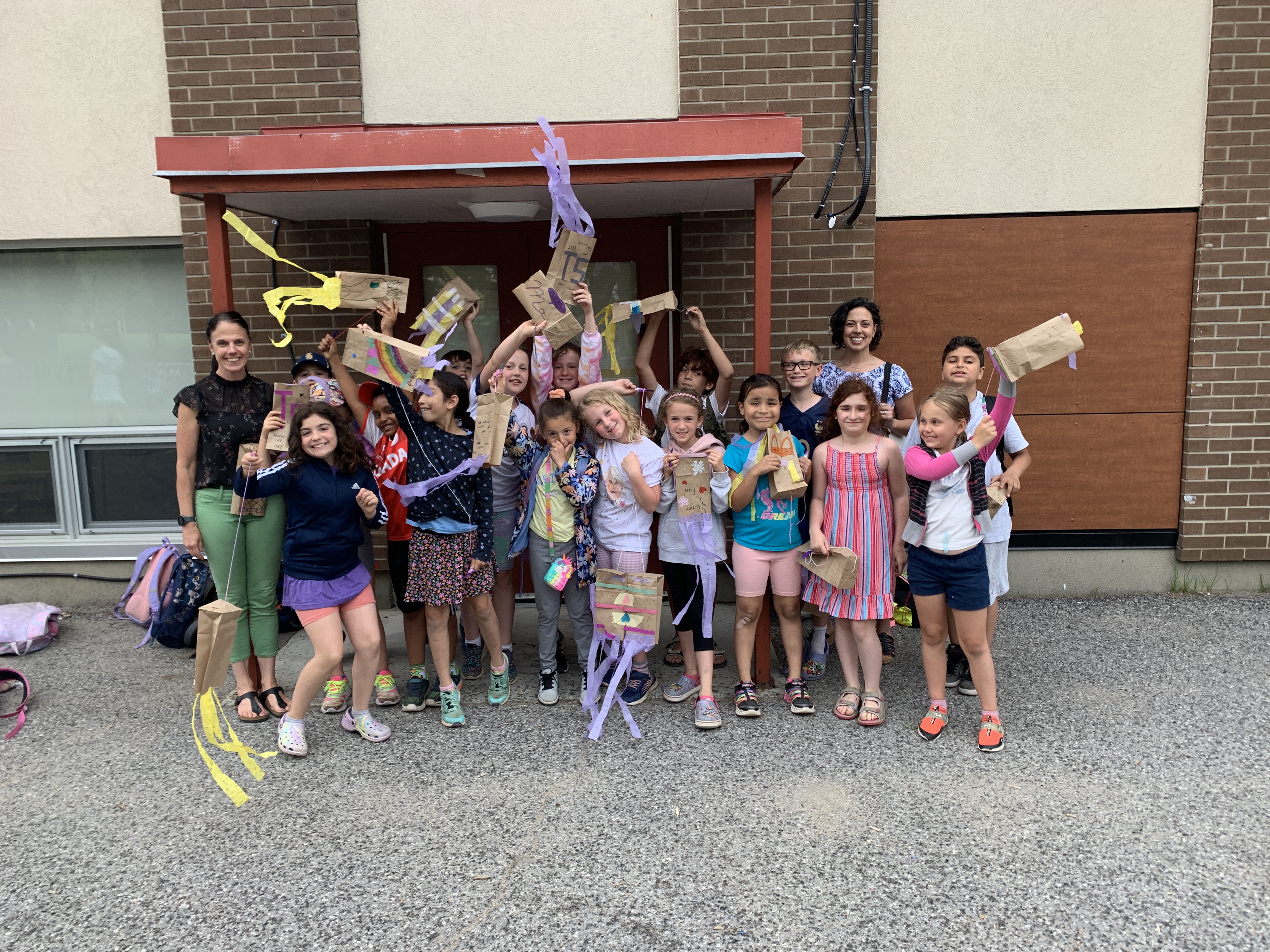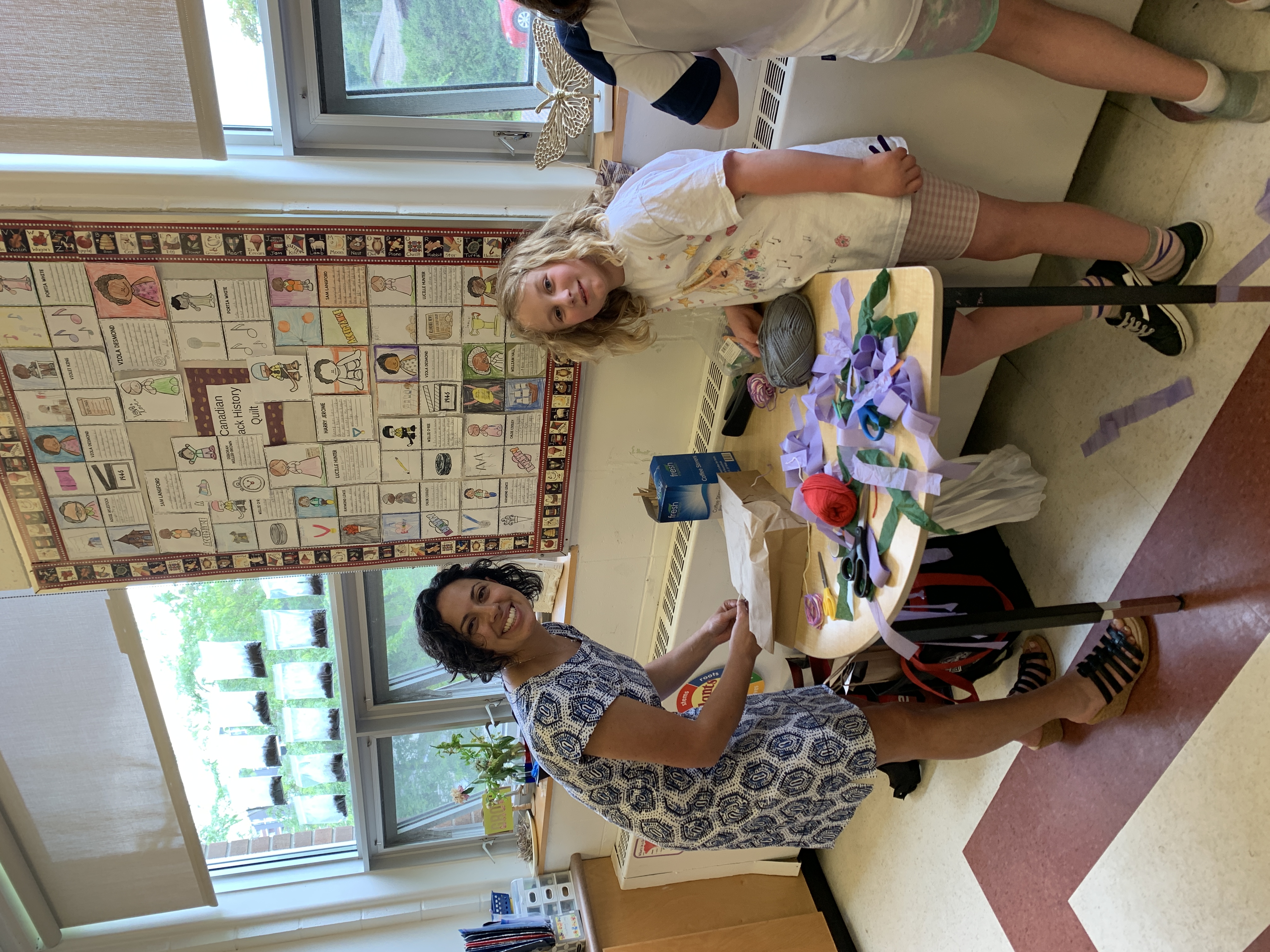
Breaking the mould: my journey as a woman in engineering
Navigating engineering stereotypes, Leah Chaudhari blends her leadership with technical prowess, empowering women in STEM through mentoring and advocacy.
20 June 2024
As a child of the 90s, I grew up with a very specific image of what an engineer looked like: a slightly nerdy guy with a pocket protector and a penchant for all things technical. This stereotype was pervasive, and it shaped my early perceptions of the engineering field. I found myself surrounded by images and narratives that depicted engineers as predominantly male and this stereotype persisted well into my professional life.
When I started my engineering career at 22, I quickly realised the gender disparity was more than just a childhood misconception. In my first role, the engineering department was entirely male. The age gap was also significant; most of my colleagues were in their late 40s and older, making me feel even more out of place. It wasn't until seven or eight years later at BMT that I finally encountered other women engineers. Despite the presence of these women, many had shifted away from technical roles, often losing touch with their technical skills. They frequently advised me to maintain my technical knowledge, yet I struggled to find a balance between my relational strengths—like team building—and the technical demands of the job.
Navigating this male-dominated field, I sometimes felt like an outsider. My strong people skills made me an outlier, and I grappled with how to integrate these strengths into my technical work. Over the past decade, my journey has involved understanding my unique skill set and building confidence in what I have to offer. Leadership became my niche, blending technical knowledge with team management. Through leadership training, mentorship, and coaching, I found ways to combine my relational abilities with my technical expertise.
A pivotal moment came through a mentoring discussion that led me to confront my persistent feelings of shortfall. I went into engineering in the first place, wanting to prove that I could do it. Despite a decade in the field, I felt like I was still constantly trying to prove myself. Using an engineering mindset, I deconstructed the problem: what makes a good engineer? By identifying the skills and attributes of engineers I admired, I realised I possessed many of these qualities. This shift from feeling like an imposter to recognising my capabilities was transformative.
While progress has been made, challenges remain. The engineering field still sees a significant drop-off in the number of women who stay in the profession. Balancing family responsibilities with a demanding career is a significant factor. For example, when I had my children, the flexibility to work from home was essential. It allowed me to manage both my professional and personal responsibilities more effectively. Companies offering flexible work arrangements and promoting shared parental leave can help retain more women in engineering.
Moreover, increasing the number of women in leadership positions is crucial. This requires not only confidence-building and mentorship but also systemic support within organisations to ensure women don't have to constantly prove their worth. Creating an environment where diverse voices are valued and supported will make engineering a more inclusive and equitable field.
Organisations in my region like ‘Engineers of Tomorrow’ have also played a crucial role in redefining the narrative around engineering. By engaging with young people and demystifying the profession, their Engineer-in-Residence programme highlights the problem-solving, creative aspects of engineering—beyond just the technical details. This inclusive approach is helping to attract a more diverse group of young people to the field, challenging outdated stereotypes. Over the last six years, I have engaged with over 250 students, encouraging them to use maths and science to solve problems. I also offer my time to colleagues to mentor and coach them, helping them to build confidence and to achieve their goals.
In conclusion, my journey as a woman in engineering has been about breaking stereotypes, building confidence, and finding ways to integrate my strengths into my technical role. By challenging traditional narratives and advocating for inclusive practices, we can create a more diverse and dynamic engineering community. For those entering STEM fields, my advice is to embrace your unique skills, seek out supportive mentors, and never stop advocating for your place in the profession.

Leah Chaudhari
Capability Manager, Electrical Engineering - North America



N/A
Congratulations to Marine Engineering Apprentice Jordan Tyers on being awarded the Institute of Marine Engineering, Science and Technology (IMarEST) 'Lady Hamlyn Award', which recognises apprentices who have demonstrated an outstanding commitment to their professional development in the marine sector.

N/A
"As a human factors engineer, I get to blend creativity with science to design systems that make people's lives easier and safer every day. There's nothing more fulfilling than knowing my work helps bridge the gap between humans and technology."

N/A
We pay tribute to our service men and women, and their families for the contributions and sacrifices they make.

N/A
By celebrating the stories of remarkable women like Neela, we hope to inspire others to strive for excellence and make meaningful contributions in their fields.